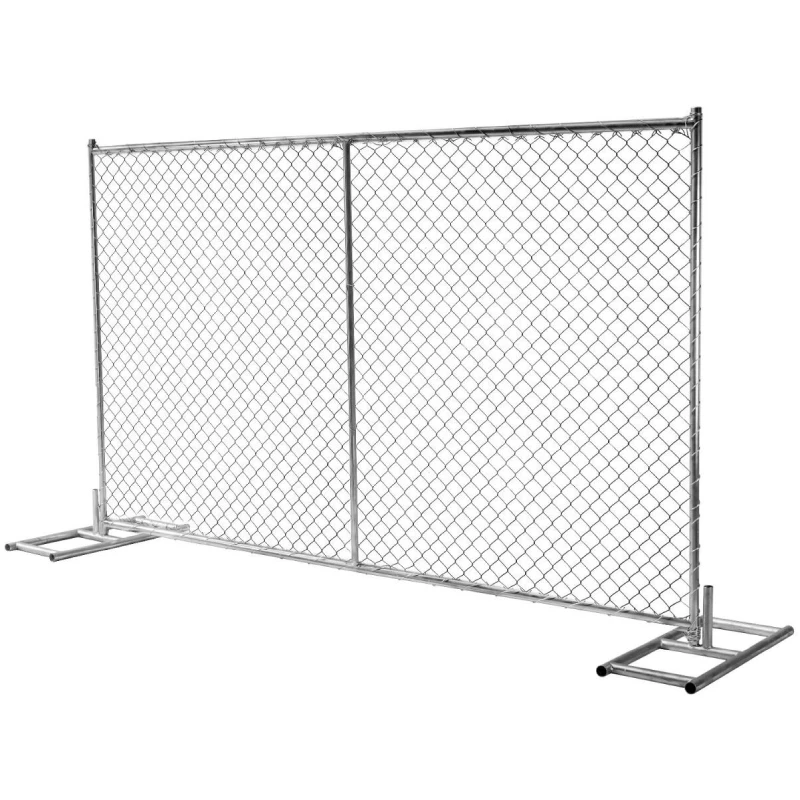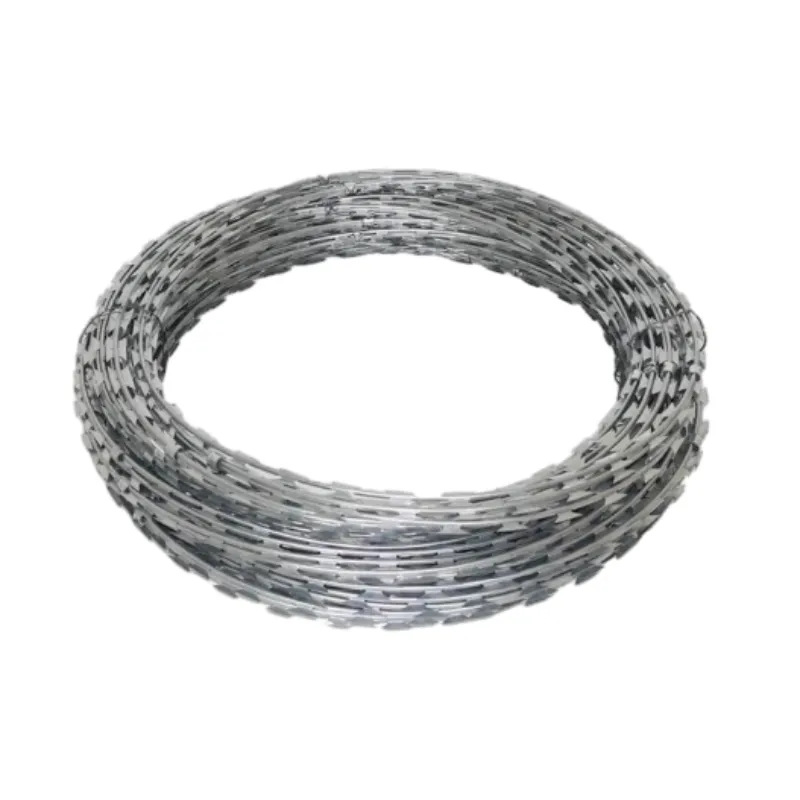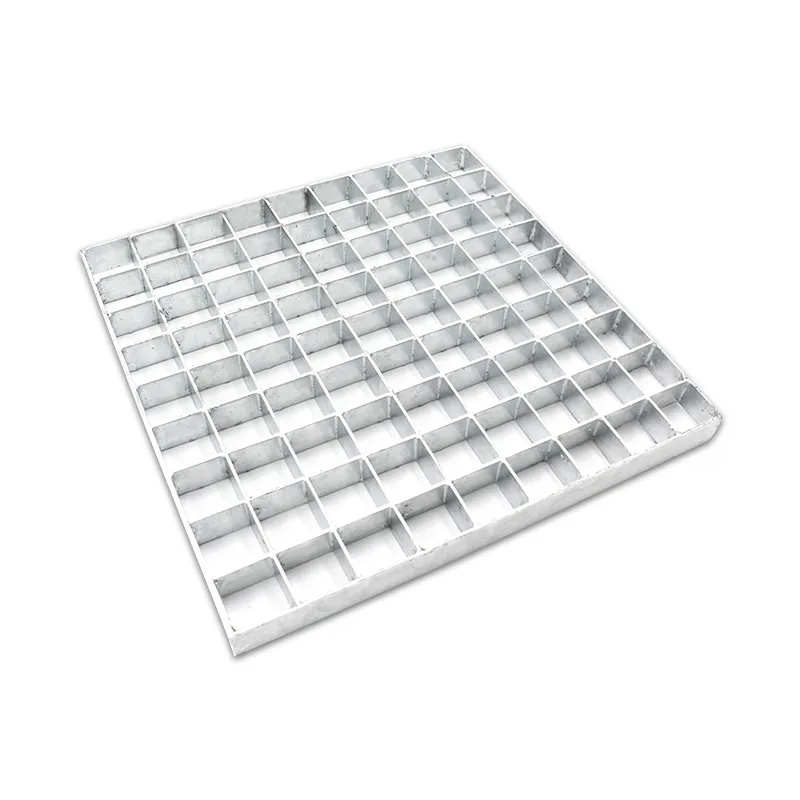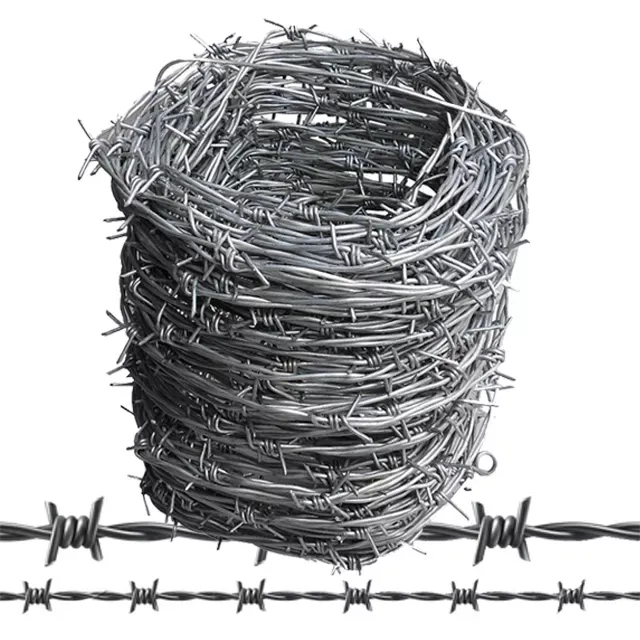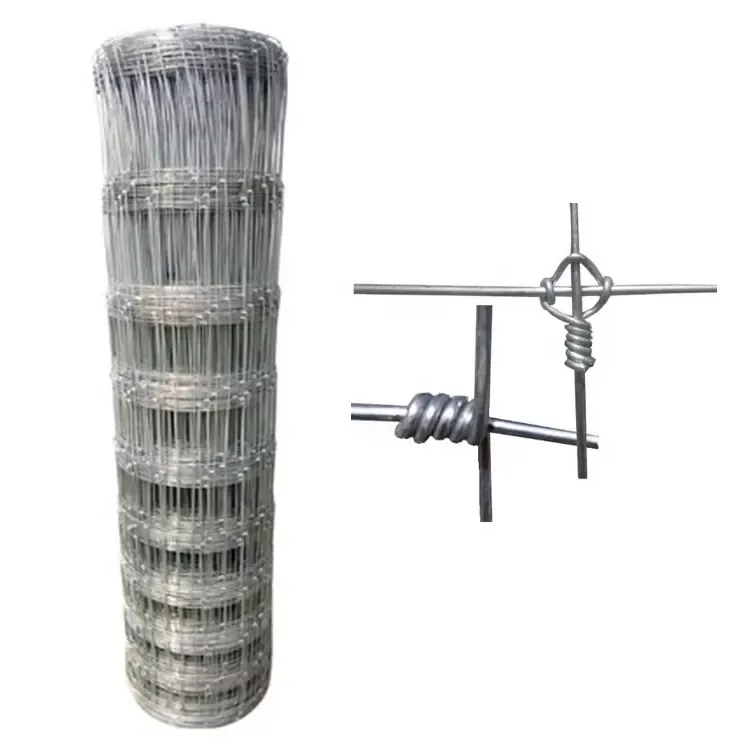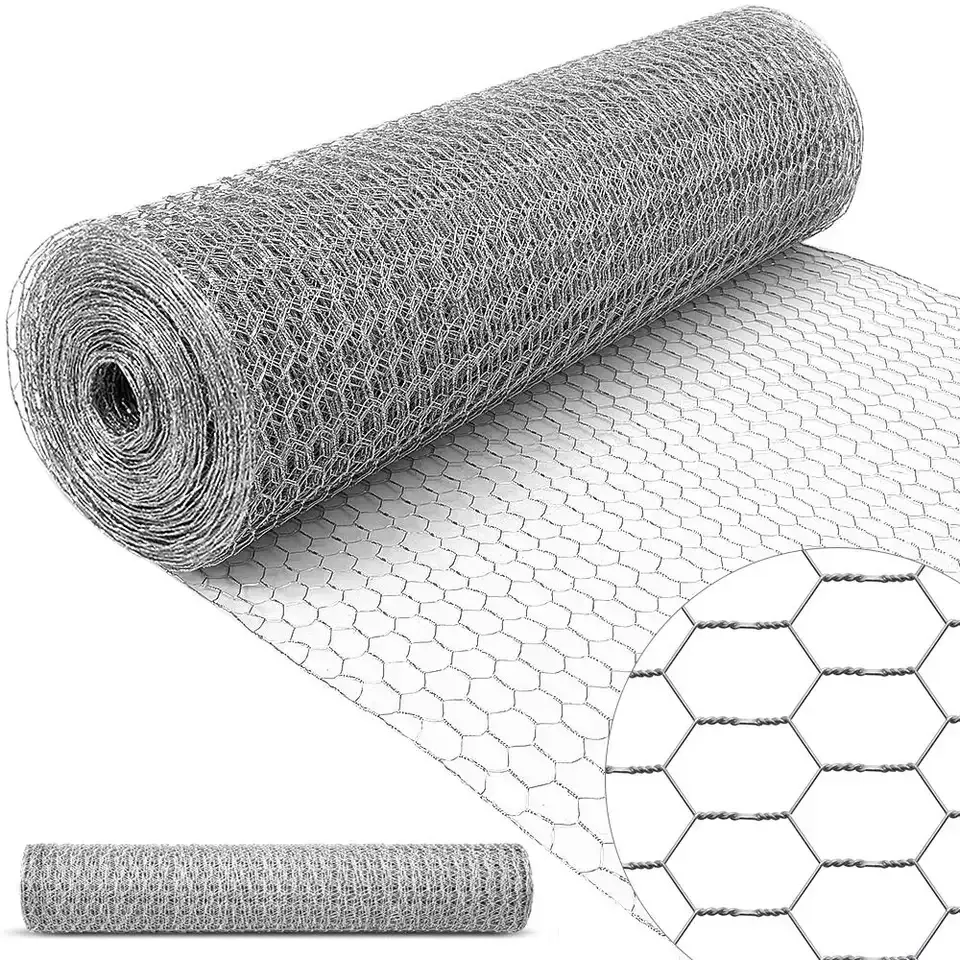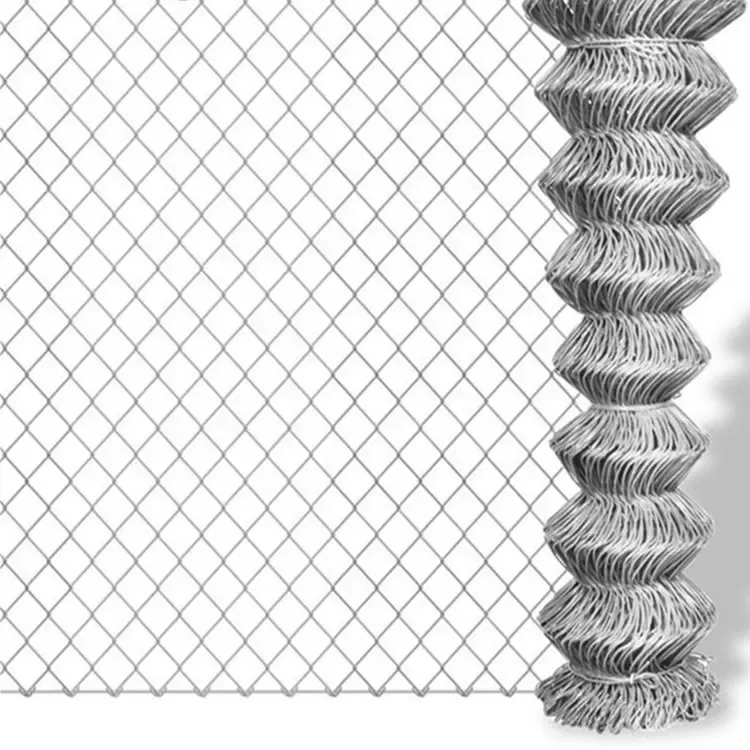
- Afrikaans
- Albanian
- Arabic
- Armenian
- Azerbaijani
- Basque
- Belarusian
- Bengali
- Bosnian
- Bulgarian
- Croatian
- Czech
- Danish
- Dutch
- English
- Esperanto
- Estonian
- Finnish
- French
- Galician
- Georgian
- German
- Greek
- hawaiian
- Hindi
- Hungarian
- Indonesian
- irish
- Italian
- Lao
- Latvian
- Lithuanian
- Luxembourgish
- Macedonian
- Maltese
- Myanmar
- Norwegian
- Polish
- Portuguese
- Romanian
- Russian
- Serbian
- Slovak
- Somali
- Spanish
- Swedish
- Thai
- Turkish
- Turkmen
- Vietnamese
Dec . 12, 2024 20:23 Back to list
gabions erosion control
The Role of Gabions in Erosion Control
Erosion is a natural process that affects soils, landscapes, and waterways, leading to significant environmental challenges such as sedimentation, loss of fertile land, and destruction of habitats. As urban development and climate change exacerbate erosion problems, innovative and sustainable solutions become increasingly necessary. One such solution is the use of gabions—wire mesh containers filled with stones or other materials—designed to mitigate erosion and stabilize landforms.
Understanding Gabions
Gabions are versatile structures that have gained popularity in civil engineering and environmental conservation. They are typically made of a metal wire mesh or plastic, filled with various materials like rocks, concrete, or recycled materials. Gabions can be used in a variety of configurations, including retaining walls, riverbank protection, and slope stabilization, making them a valuable tool for erosion control.
Mechanism of Erosion Control
The primary function of gabions in erosion control is to absorb the energy of flowing water. When placed along riverbanks or steep slopes, gabions reduce the speed of water, minimizing the erosive force it exerts on the soil. The porous nature of gabion structures allows for the passage of water, while still maintaining enough resistance to protect the underlying soil and vegetation.
In addition to reducing water velocity, gabions also encourage the deposition of sediments. As water flows through the mesh, it slows down, causing sediments to settle within and around the gabion structure. This process gradually builds up the surrounding area, helping to restore natural habitats and protect against further erosion. Over time, vegetation can establish itself within the loose fill of the gabion, enhancing stability and creating a more resilient ecosystem.
Environmentally Friendly Solution
gabions erosion control
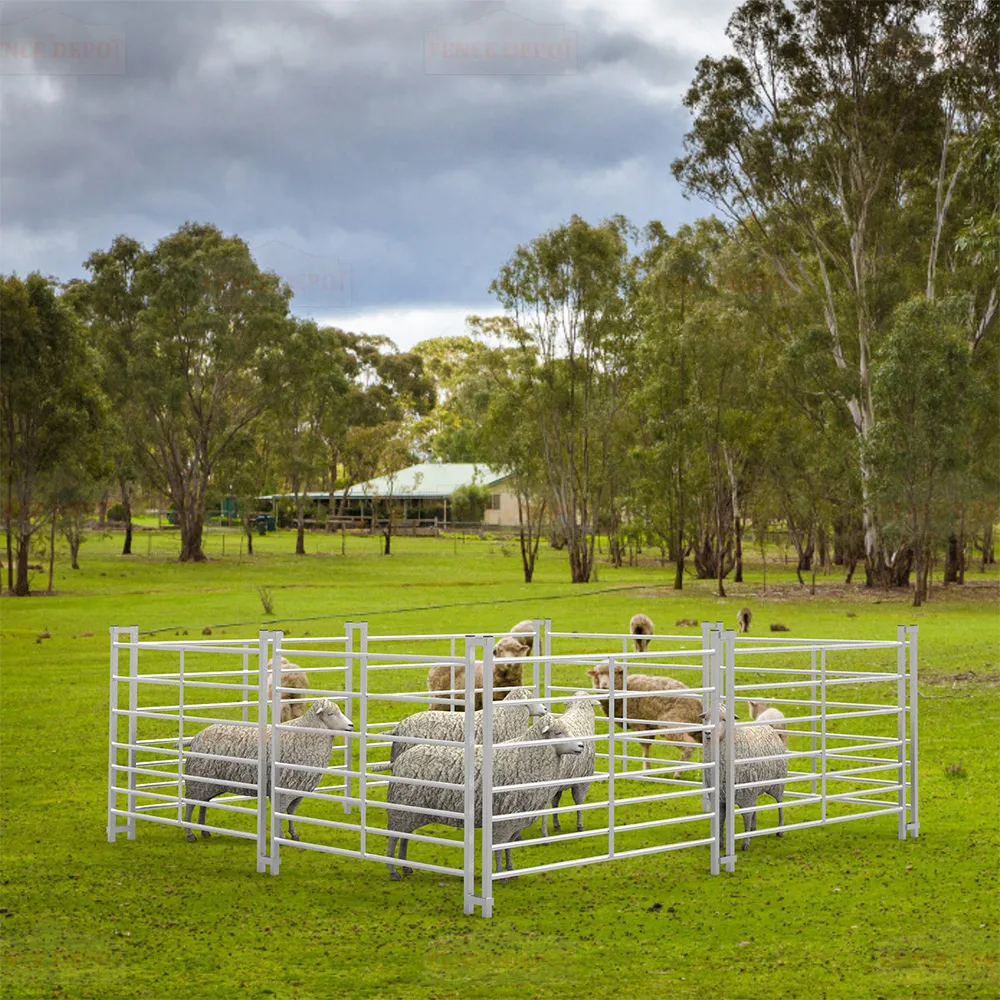
One significant advantage of gabions is their eco-friendliness. Unlike traditional concrete walls or barriers, gabions can blend seamlessly into the environment. They often resemble natural rock formations, and their infill can be selected to support local ecosystems, fostering biodiversity. Additionally, gabions made from recycled materials present an opportunity to repurpose waste, contributing to sustainability goals.
Using gabions in erosion control also supports water quality management. By stabilizing shores and riverbanks, gabions help to prevent siltation of waterways, which can disrupt aquatic ecosystems. Furthermore, the vegetation that grows on and around gabons serves as a natural filter for pollutants, thereby enhancing water quality in adjacent bodies of water.
Implementation and Design Considerations
The effectiveness of gabions relies heavily on proper design and placement. Site evaluation is crucial for determining the appropriate size, type, and configuration of gabion structures. Factors such as soil type, slope gradient, water flow, and local vegetation must all be considered to ensure optimal performance.
It is also essential to maintain gabion structures. Over time, the infill may shift, and vegetation can overgrow, potentially compromising the stability of the system. Regular inspections and maintenance, such as reinforcing the wire mesh or replenishing the fill, can enhance the longevity and efficacy of gabion installations.
Conclusion
In summary, gabions represent a practical and effective solution for controlling erosion, offering numerous environmental benefits. Their ability to absorb water energy, foster sediment deposition, and support local ecosystems makes them an attractive option for engineers, landowners, and conservationists alike. As the world faces increasing challenges related to erosion and climate change, the integration of gabions into land management practices will become ever more critical. By harnessing the natural forces of water and soil, gabions not only protect our landscapes but also promote sustainable ecosystems, paving the way for a resilient future.
-
Your Ultimate Solution for Australian Temporary Fencing
NewsMay.14,2025
-
The Ultimate Guide to Crowd Control Barriers: Secure Your Events with Ease
NewsMay.14,2025
-
Secure Your Livestock with High-Quality Livestock Fence Panels
NewsMay.14,2025
-
Enhance Your Livestock Management with Top-Quality Cattle Fences
NewsMay.14,2025
-
Enhance Security and Safety with Temporary Fencing Solutions
NewsMay.14,2025
-
Corral Gates
NewsMay.14,2025



